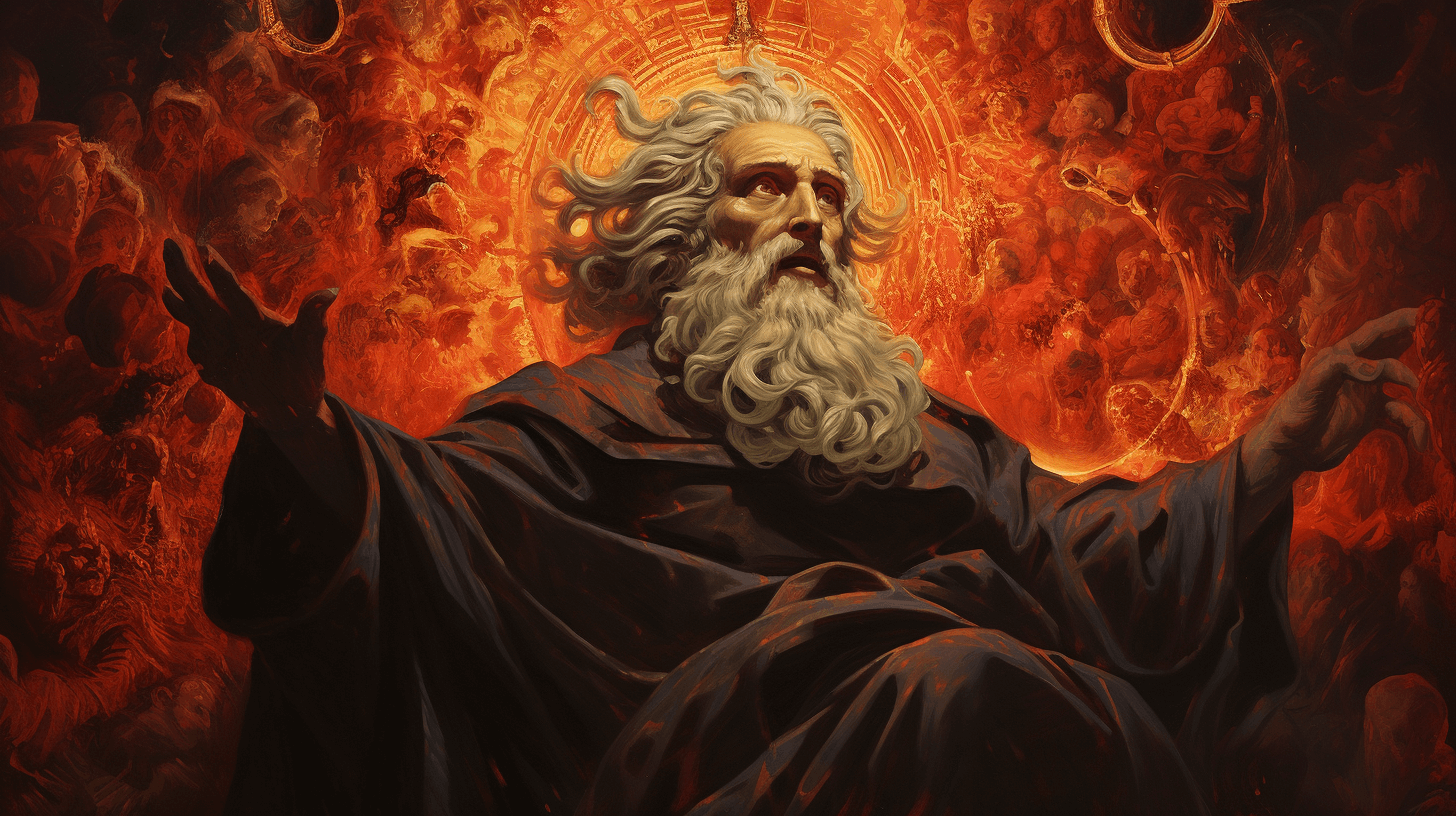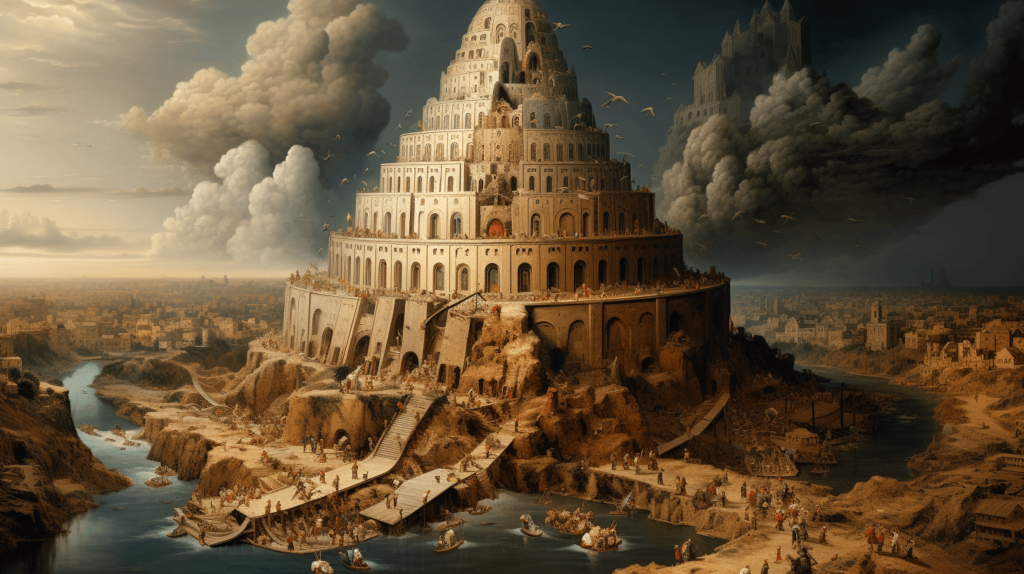Science
The Monk Who Saw the Future: Did an 11th-Century Benedictine Beat Astronomers?
17 February 2026

Mankind’s belief in a higher power goes back since time immemorial. Prehistoric discoveries, such as rock paintings and archeological evidence found in burial sites, demonstrate that the human race already entertained a belief in life after death in the prehistoric age. According to anthropologists, humans used religion to understand the world around them. Forces of nature, diseases and other phenomena whose causes and origins could not be explained at the time were attributed to immaterial entities, as the human mind is prone to engage in a cause-and-effect understanding of reality and has a tendency to constantly strive to uncover the unknown.
In the European Union of the 21st century, 70 percent of the population still declare a religious affiliation (Eurobarometer, 2010). In the United States, this figure stands at 76 percent (The World Factbook, 2007). In the so-called Western civilization, the vast majority are Christians, as is the case in South America, Australia, Russia and South Africa. The followers of Muhammad predominate in North Africa, the Middle East and the Caucasus. The world’s third largest religion is Hinduism, followed by Buddhism, the religions of China, Japan and the Jews. Statistical data – collected through interviews or questionnaires – speak only of subjective, declared religious affiliation. This being said, are statistics enough to describe religion as still relevant to contemporary lives?
Genesis, the first book of the Old Testament, recounts the beginnings of humankind and its difficult relationship with Yahweh, its creator. The story abounds in unexpected twists and turns and can act as an interesting read, with the tale of the Tower of Babel representing humanity’s quest for perfection. According to Roger Norman Whybray – a biblical scholar and specialist in Hebrew studies – the human race, driven by exuberant ambition, challenged God’s undivided power. Such behavior had to be met with His response, and human plans were thwarted. In this extraordinary drive towards development and exploration, pride steps to the fore, recognized by the Bible as the gravest of sins, for pride was the cause of the fall of Satan, who exclaimed: “Non serviam!” (I will not serve!). Lucifer’s belief in his own might grew into his sense of injustice, which was compounded by the fact that he had been created to serve not only God but also lower beings: humans.
Another and entirely different example of humanity’s pursuit of perfection is Charlie Brooker’s British TV series “Black Mirror.” Each episode is a disturbing vision of a not-so-distant future in which humans employ the advances of science and technology to revolt against the order of things, whether by experimenting with the environment or reducing human consciousness to a computer program to ensure that specific individuals are granted immortality. Life devoid of its inevitable end might, on the face of it, seem like a wonderful prospect; yet the psyche, in which Thanatos coexists with Eros, causes every action, even one with the most noble intention, to bring suffering as a consequence of going against the natural order.

Every human on this planet wishes to have the longest possible and happy existence. A belief in an afterlife helps us to overcome the fear of death, or rather the horror of ‘non-existence’. The absence of consciousness is a state we find difficult to imagine, as even during sleep our brain generates projections, and our sense of the passing time is completely altered.
Diseases, wars, and natural disasters have subjected the human race to indescribable suffering. Religion has always served to explain death, as each religion came with the promise of existence in bliss for eternity after one departed from one’s earthly body. Appealing to a higher power is also a form of seeking support when the actions of humans no longer seem to suffice. The impossible, from a human point of view, avoidance of mortality is becoming increasingly attainable.
In the past, people died for reasons that nowadays seem unimaginable. The plague, caused by dire hygienic conditions, tuberculosis, pneumonia, or diseases that were fatal before the invention of penicillin are currently considered marginal causes of death. As a civilization, we have found ways to combat bacteria, viruses (despite the emergence of new viral strains), and malnutrition (the unequal distribution of wealth is still a problem, but more of an enigmatic than practical nature). The human race is also tirelessly working on ways to extend our lifespan, mainly by focusing on efforts to slow down or reverse the aging process. Scientific achievements in tissue regeneration will, in the opinion of some scientists, make unlimited life expectancy a real possibility in the near future. That being so and with the prospect of our endless existence – do we still require consciousness or the promise of life after death?
Sigmund Freud considered religion to be the obsessional neurosis of humanity and described God as a transfiguration of the father figure or its substitute. He said that God is none other than one’s own father. Carl Gustav Jung, meanwhile, considered religion a necessary constituent of humankind’s mental existence. He believed in a soul that had a religious component and considered it to be the peak of cultural development, which integrates psychological life and acts as a force reinforcing the ‘ego’.
The difficulty in adopting a universalistic definition of modern man as religious or not lies in the differences between the individual belief systems. Christianity, beyond its mere declaration, requires its adherents to observe certain practices. As we know, the disparity between people declaring religious affiliation and those who actively participate in rituals is considerable, to say the least. Paradoxically, Islam makes fewer demands in this regard. The explanatory function of religion, once used to explain unusual natural phenomena to believers, has ceased to exist, superseded by the state of current scientific knowledge. People have become highly knowledgeable about diseases and their treatments. With humanity’s primal fears no longer at the forefront, one could ask whether they were primarily responsible for pushing people towards faith.
In 2020, the Gallup organization asked survey respondents a question: “when feeling anxious and depressed (which made it impossible for you to continue your daily activities for at least two weeks), did you use religious practices to feel better?” The ‘yes’ answer was chosen by 56.4 percent of respondents in the USA, 59.2 percent in Ireland, 40.2 percent in the UK, 73 percent in Indonesia, yet only 9.4 percent in Sweden and 12.4 percent in Germany. This data, therefore, contradicts the hypothesis that as wealth and social development increase, the number of people considered religious decreases (see the high result of the USA, Ireland, and the UK).
It would seem that religion cannot be considered a measure of perceived happiness. The World Happiness Report study (2023), which involved respondents rating their level of happiness on a scale from 1 to 10, found that countries traditionally considered secular scored as follows: 6.85 in the Czech Republic, 7.4 in Sweden, and 6.66 in France. In the U.S., the result was 6.89, while Australia scored 7.08. One could be tempted to explain the results of this study with the level of affluence, but the high results of countries where religion is not popular make it possible to question the thesis that a person needs faith to truly feel happy.
The world has witnessed countless armed conflicts motivated by religion. The imposition of one’s perception of the world on others and the struggle for influence and power justified by the need to spread the faith are factors which have led to an incalculable number of deaths. Examples of this are many, including the Crusades, a whole variety of conquests, the Thirty Years’ War, and not forgetting about the terrorism of Muslim fanatics in the 20th and 21st centuries. Religious affiliation becomes a source of conflict when beliefs are centered around a specific territory, and religion is a powerful component of culture, as this leads to ethnocentrism, that is seeing the world through one’s own viewpoint. On top of this, religious differences are the basis of the ‘us’ — ‘them’ distinction, which, under certain conditions, fosters hostility, especially between homogeneous cultures. However, people enter into conflicts not merely due to religious reasons alone. God, Yahweh, Allah or Buddha call for love and peace in their holy books. It is the human factor that pits man against man, one that manifests itself in the interpretation of the professed religion as an element of identity that must be protected. Often deluded by a falsely implanted sense of threat or bogus calls to defend their individual values, religious devotees fail to understand that such actions are in complete opposition to the principles of their faith. And so the circle closes as we return once again to the aforementioned ‘tainted’ human nature.
If the constituents of the world’s major religions were to be assessed according to lower-level categories, it would appear that the idea of ‘do good, avoid evil’ is ingrained in each of these systems. The aspect of good and evil is a complicated one, but the human nature presented earlier in a negative light lends a helping hand. Humans carry within them an overwhelming will to survive not only as individuals but also as a species. For this reason, people instinctively avoid hurting others. Higher mental functions such as empathy – the ability to understand the feelings of others, sensitivity to the needs of fellow human beings or respect for diversity as an attitude resulting from our upbringing – are elements contained in the human mind that enable it to act for the good of all humanity. Perhaps one day it will become evident that there exists a source of unlimited and universal good, a paradise open to all, and that all religious systems boil down to the same idea described in dissimilar words. However, until we find out what awaits us on the other side, let us do good and avoid evil.
Science
17 February 2026



Zmień tryb na ciemny